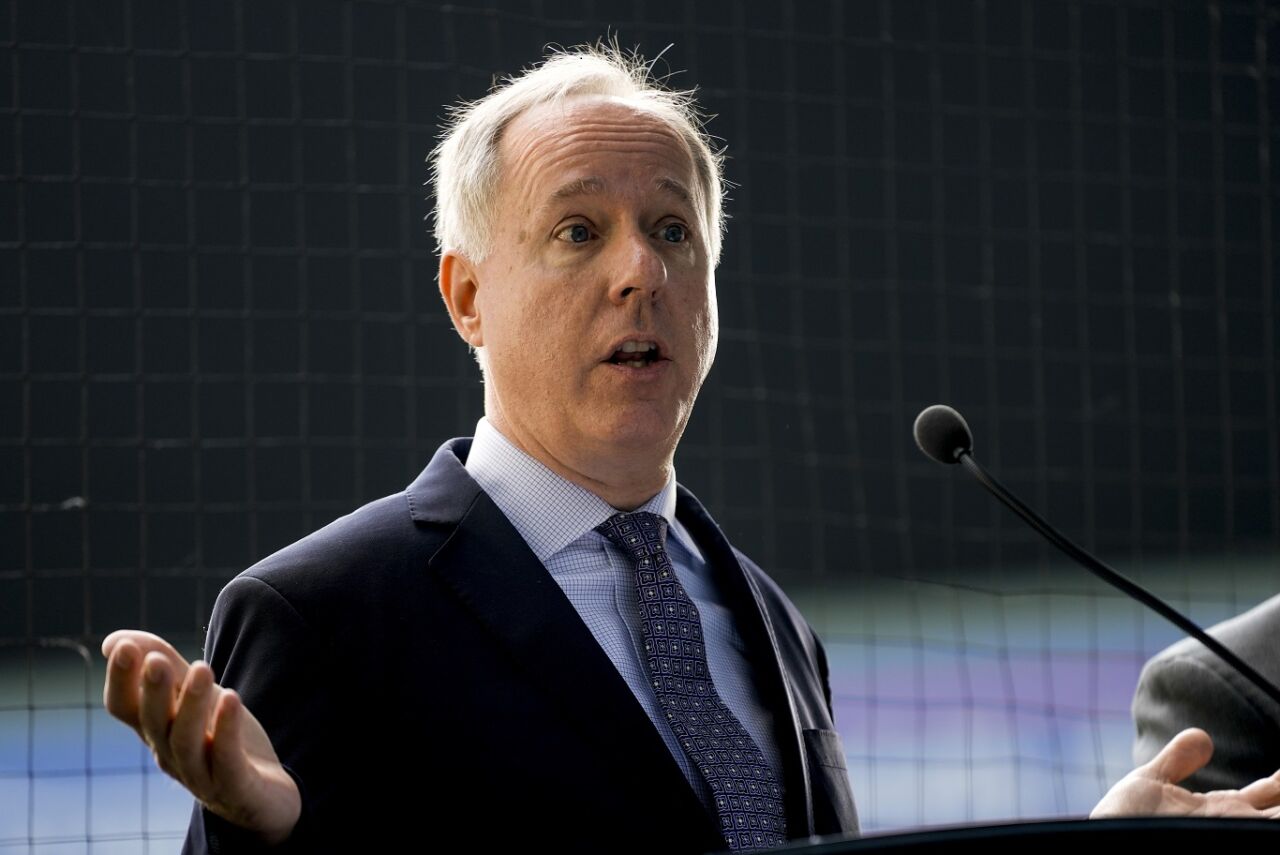Politics
Wisconsin GOP leaders say they’re done negotiating with university over pay raises, diversity deal

MADISON, Wis. (AP) — Wisconsin’s top Republican lawmakers said Monday that they are done negotiating with the Universities of Wisconsin over a deal that would have given the university system’s employees a pay raise and paid for the construction of a new engineering building in exchange for reductions in staff positions focused on diversity, equity and inclusion.
The UW Board of Regents rejected the deal in a hastily called special meeting on Saturday after regents voiced concerns about its targeting of DEI efforts. The regents are meeting again Tuesday in closed session to “deliberate and negotiate funding proposals and matters.”
The fight in Wisconsin comes amid a broader cultural battle playing out across the nation over college diversity initiatives.
Assembly Speaker Robin Vos, who reached the deal with UW President Jay Rothman, said Monday on WISN-AM that he hopes the regents will reconsider, but that he’s not open to making any changes. Senate Majority Leader Devin LeMahieu concurred, saying in a statement that the current proposal “is the legislature’s last and best offer.”
“This deal was negotiated in good faith,” Vos said. “We’re not changing one thing in this deal. We are not going backwards. If anything, I’d prefer to go forward. But a deal is a deal, you’ve got to keep your word. This is not forever. If they want to walk away, they can walk away.”
Neither Rothman nor UW-Madison Chancellor Jennifer Mnookin immediately responded to Monday requests for comment.
Democratic Gov. Tony Evers on Saturday said he supported the regents’ decision but wanted the negotiations to continue. In the meantime, he called on the Legislature to release funding for the pay raises and engineering building. Evers’ spokeswoman, Britt Cudaback, referred to those comments Monday when asked to react to Vos’ statements.
Vos said there was “zero chance” of him softening his position.
“I will do everything in my power to make sure we enforce this deal or wait until the next budget to talk about it again,” Vos said. “We are not going to give the raises. We are not going to approve these new building programs. We are not going to approve the new money for the university unless they at least pass this deal.”
Vos took a similar position in May, saying he was “done negotiating” a local government funding deal only to later continue talks and reach a bipartisan agreement.
UW leaders negotiated with Vos and other Republican lawmakers for months on the deal that was released publicly on Friday. Rothman urged the regents to accept it, calling it a fair compromise.
Also on Monday, Republican Senate President Chris Kapenga appeared to raise the threat of firing members of the Board of Regents who have not yet been confirmed by the Senate because of their rejection of the deal. Only five members of the board have been confirmed by the Senate. Seven of the nine who voted against the deal have not been confirmed.
“It’s good to know before their upcoming Senate confirmation votes that several Regents chose their sacred ideology over getting our students ready for their careers,” Kapenga posted on X.
Evers’ spokeswoman, Cudaback, responded by posting that Republicans wanted “to manufacture an excuse to fire capable, qualified Wisconsinites for simply doing their jobs. It’s about punishing anyone who dares to disagree with them or threatens their power — and they’re saying that out loud.”
At its core, the rejected deal would have allowed for 4% pay raises for all 35,000 UW employees to take effect retroactive to July 1 when they were supposed to start. The pay increases were approved by the Republican-controlled Legislature in the state budget that was signed into law by Evers.
But those raises would also need to be approved by a GOP-controlled legislative committee. Vos has blocked them as he’s attempted to reduce university positions dedicated to diversity, equity and inclusion efforts. Evers, in response, has filed a lawsuit with the Wisconsin Supreme Court arguing that the Legislature had overstepped its constitutional authority by blocking the raises.
Under the deal, in addition to the pay raises, the university would get funding for a variety of construction projects, most notably about $200 million to build a new engineering building on the flagship UW-Madison campus. That project was a top priority for the university and was backed by the state’s business community. But Republicans did not fund it.
The deal also called for the university system to freeze hiring for DEI positions through the end of 2026 and shift at least 43 current DEI positions to focus on “student success.” The system also would have eliminated any statements supporting diversity on student applications. The deal also would have dropped an affirmative action faculty hiring program at UW-Madison and created a position focused on conservative thought.

